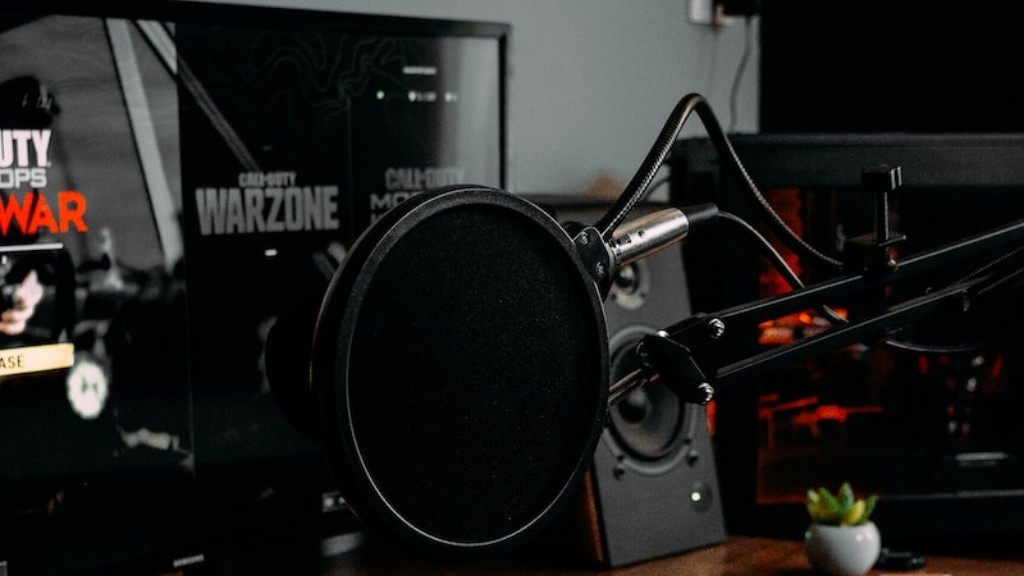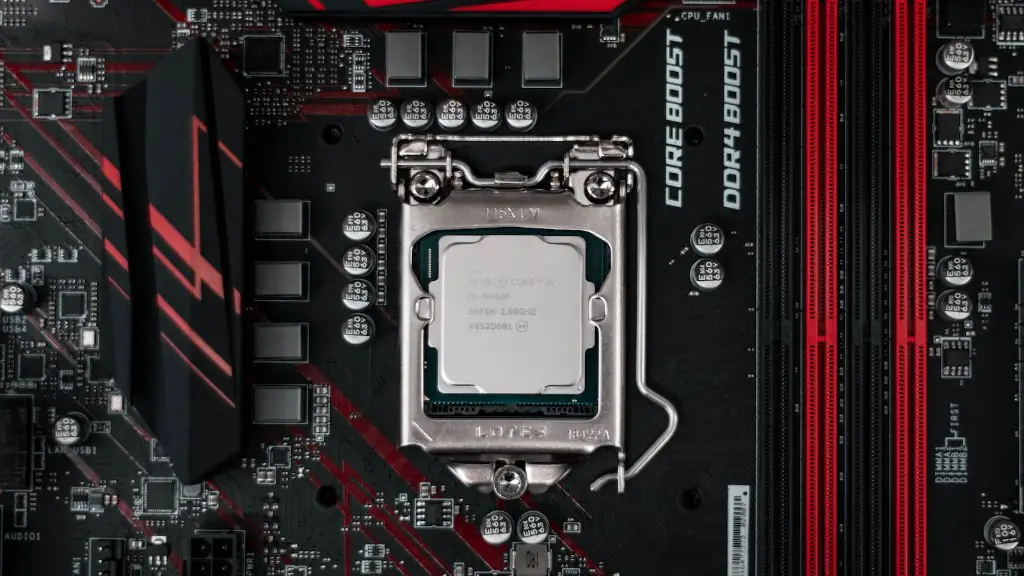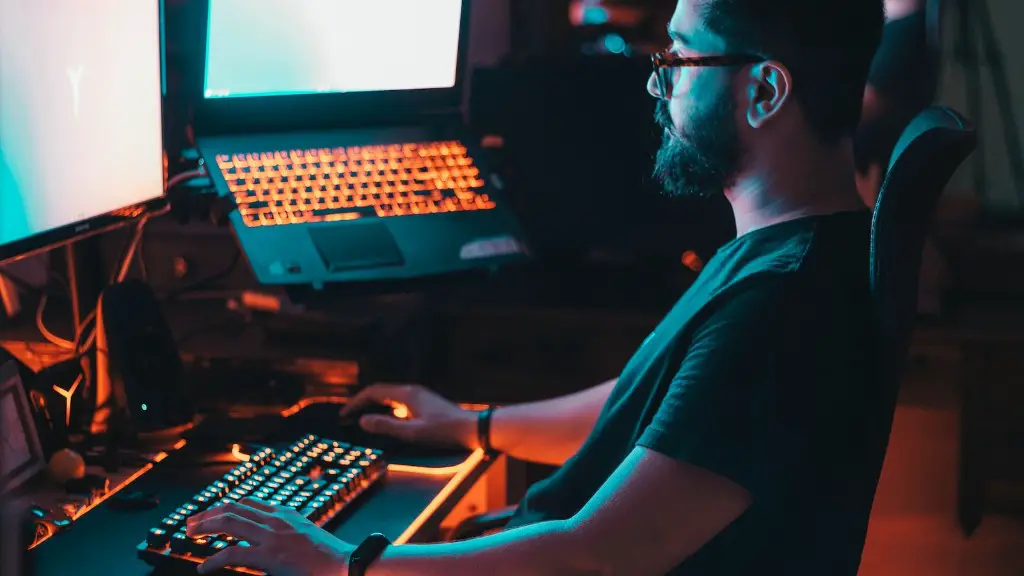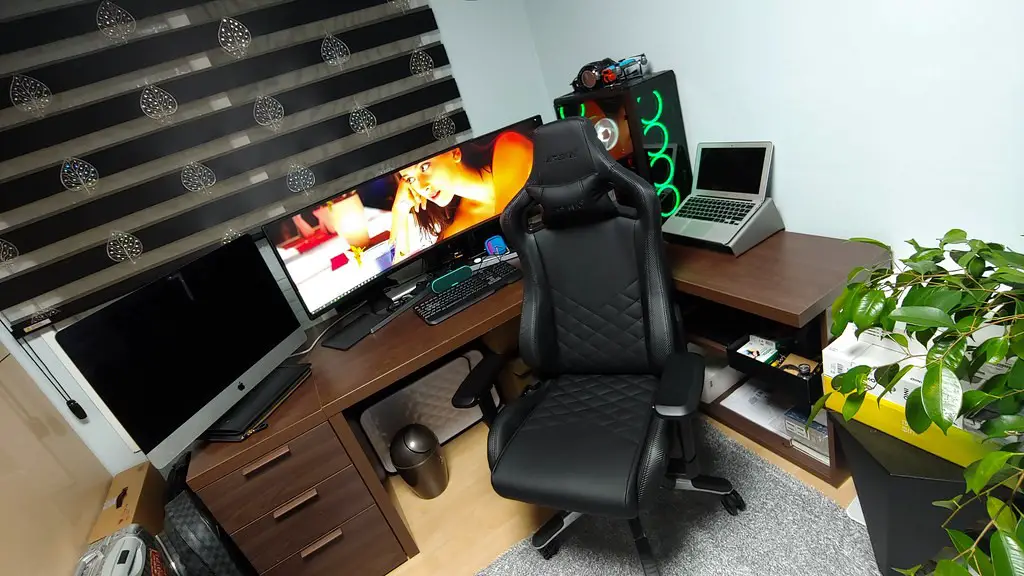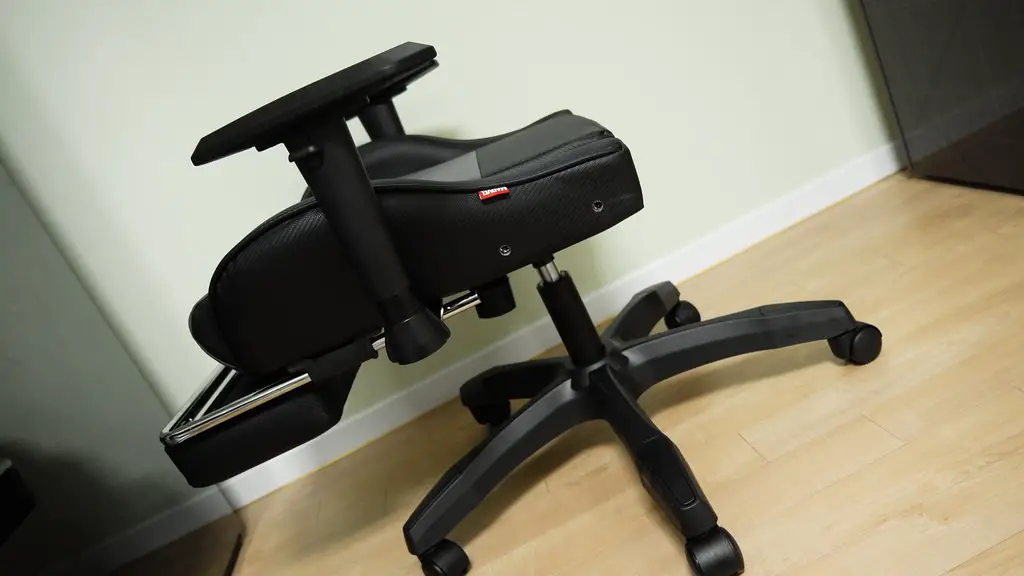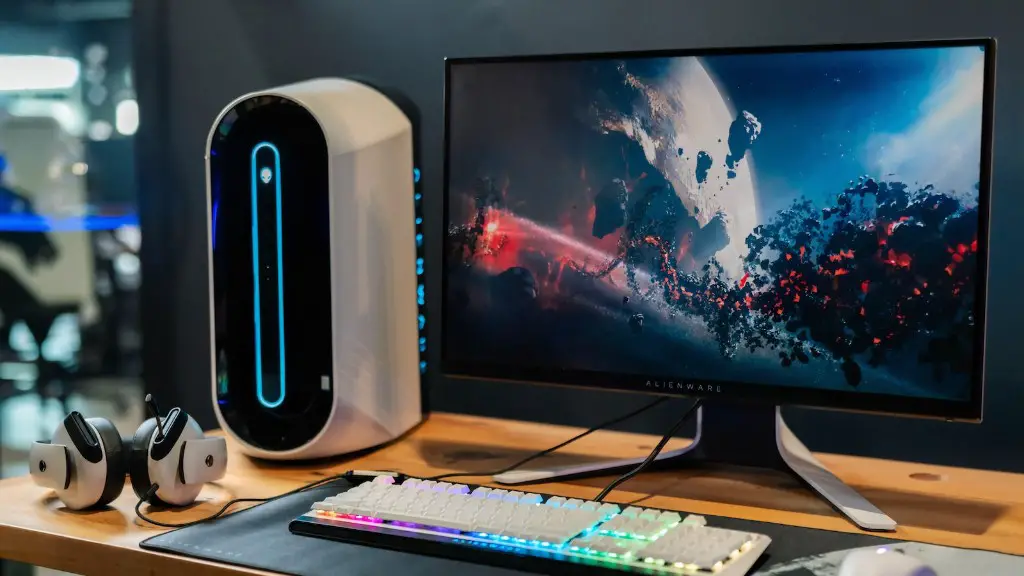What does a gaming PC need to provide an enjoyable experience? This article will provide an in-depth examination of the components necessary for a gaming PC, from Processor to Graphics Card, and even considerations for cooling.
Let’s start with the Processor, the powerhouse of the computer, as this is the component responsible for crunching instructions and telling the rest of the components what to do. Regardless of what game you are playing, you’ll need a processor that can handle the workload, so aim for something in the higher GHz range. This can range from an i3 all the way up to an i9.
The Graphics Card is the next component, and this is what produces the graphical content onscreen. Many different cards are available, so shop wisely, and choose one that can handle the types of games you’re playing. For example, if you are playing a heavily graphics intensive game, you may need to go with a high-end RTX 2060.
The Memory of the PC is also important, as the more memory you have, the more data the computer can store. You’ll need at least 8GB, but 16GB and 32GB are more than enough for any game.
Finally, for a gaming PC to really run smoothly, it needs to be cooled correctly. This includes proper air flow to help keep thePC cool, and even liquid cooling systems for extreme gamers.
Motherboard
The motherboard is the backbone of any gaming PC, as it connects all the components together. Choose a good quality board with enough panel ports, such as USB and HDMI.
The board should also have compatible ports for RAM cards, as some are not compatible with certain types.
If you have an AMD processor, then look for an AM4 socket compatible motherboard, and similarly, if you have an Intel processor, then look for an LGA 1151 socket compatible motherboard.
Lastly, the storage space is important too. You’ll need at least a few terabytes (TB) to store your games, but try to get more if you can.
Power Supply
A solid power supply is also necessary to power all of the components. Try to get one with at least 600 watts, as this is more than enough for a gaming PC.
Most gaming PCs use ATX power supplies, which come in various sizes, so make sure to find one that fits your chassis.
Additionally, opt for a power supply with multiple power cables, as this will make it easier to plug in all your components.
For extra cooling, you can opt for an 80 PLUS certified power supply. This is more efficient, and it runs cooler than standard power supplies.
Lastly, modular power supplies are helpful too, since they are easier to manage, and reduce cable clutter.
Peripherals
Optional peripherals are also great for gaming PCs. Choose a good quality gaming mouse, gaming keyboard, and headset for a fully immersive experience.
Look for devices that are comfortable to use, and ones that are feature heavy. For example, you may want a gaming mouse with customisable buttons, on-board memory, and adjustable weights.
Choose a gaming monitor that outputs the highest resolution, and the best contrast ratio. This will ensure the best visuals, and a smooth gaming experience.
If you’re an audiophile, you may also want to consider a good set of speakers, or a quality sound card. This will help to enhance your gaming experience, and provide dynamic sound.
Finally, be sure to pick up a good quality gaming chair that is comfortable to sit on. You don’t want to regret your purchase after a few hours of gaming.
Coolers
A good quality cooling system is essential for gaming PCs, since they run hotter and more intensively than other computers.
The most popular and effective cooling system is a liquid cooling loop, which is relatively expensive and complex to install. However, it is the most effective.
If you don’t want to spend too much on liquid cooling, then an air cooled solution, with multiple fans and a solid radiator, is a good alternative. This will still keep your PC cool, but it won’t be as efficient as liquid cooling.
You can also supplement the air cooler with a liquid cooling device, such as a pump and radiator. This will help to cool the CPU, GPU, and other components faster, and more efficiently.
Finally, don’t forget to invest in proper airflow. Make sure that your PC case has plenty of fans that are running at the right speed. This will help keep your components cool, and will help extend their lifespan.
Storage
Storage is another important component of a gaming PC, as you want plenty of space for your games, applications and data.
Solid State Drives (SSDs) are a good option, as they are much faster than traditional drives, and they have larger capacities available.
Hard Disk Drives (HDDs) are also a great option, since they are much cheaper and have larger storage capacities. However, they are slower than SSDs.
Opt for a good quality drive with enough storage space, and consider buying multiple drives for larger storage capacities.
You can also invest in cloud storage, which is great for backing up data, and if you have multiple computers, it’s a great way to share files.
Finally, if you’re looking for something a bit more advanced, then RAID arrays are available. This is a great way to maximise speed and storage capacity, as it uses multiple drives in tandem.
